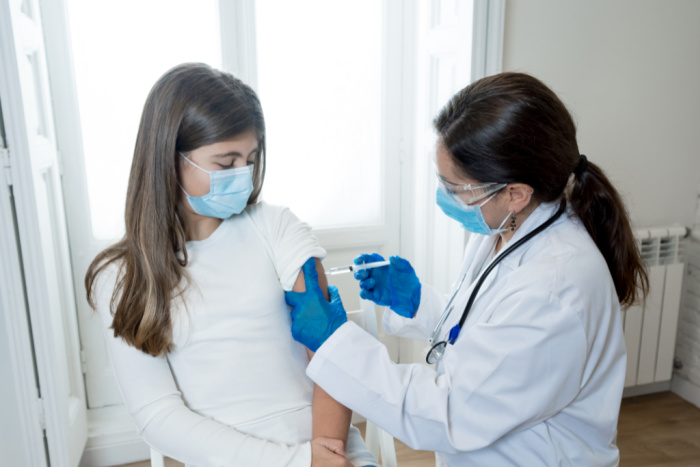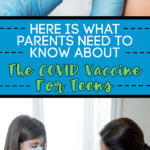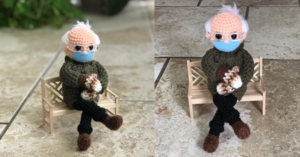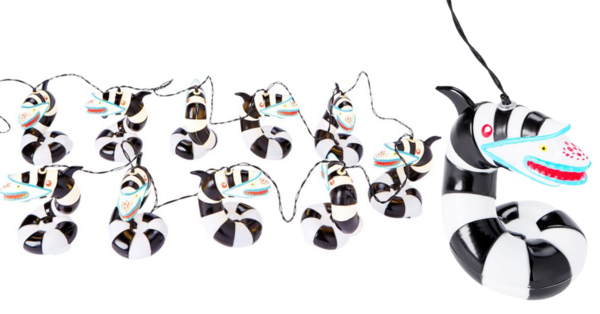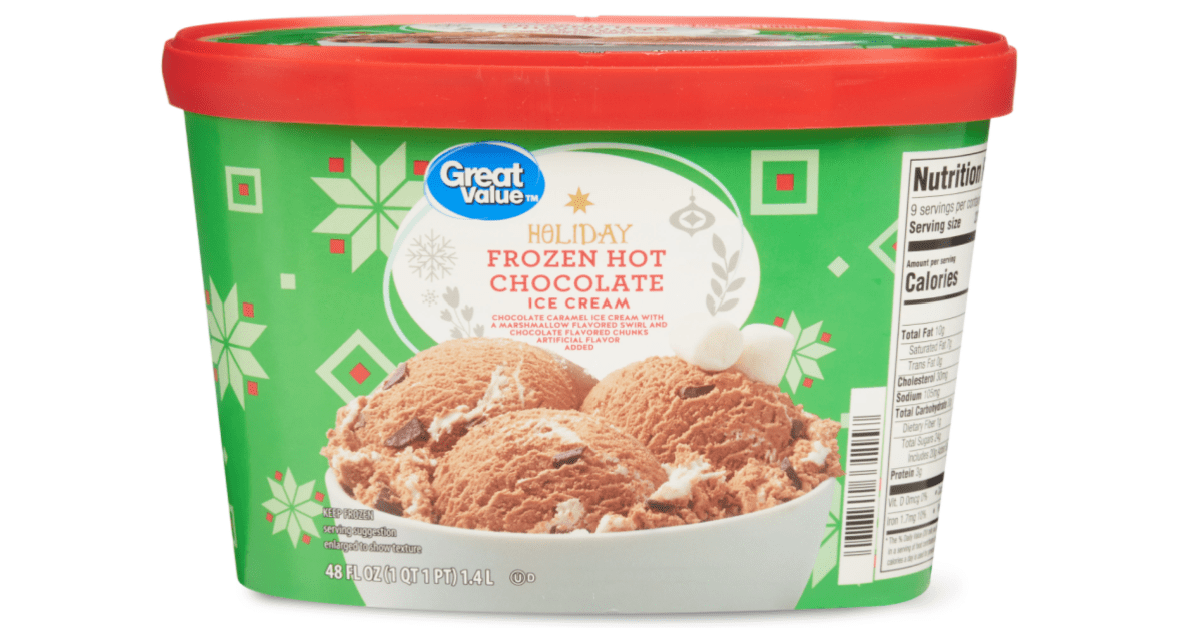Here Is What Parents Need To Know About Getting The COVID Vaccine For Kids 12 Years And Older
The FDA has announced that they are recommending the Pfizer-BioNTech COVID vaccine for kids ages 12 to 15 years old, and that might worry you a little.

Or, it may be just the news you have been waiting for.

Either way, there are some things you should know before you run out and make a vaccine appointment for your kid.
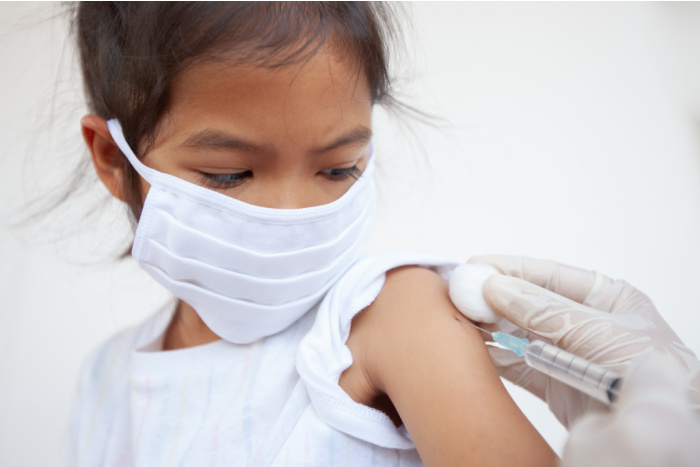
The CDC has not yet formally set the age recommendation starting at 12 years old for the Pfizer vaccine — but they are expected to go ahead and make the announcement “as early as Wednesday.”
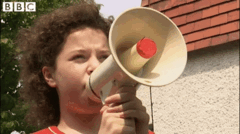
According to CNN, the FIRST thing you want to do when considering getting your teen vaccinated is talk to them and ask them their feelings on the matter.
I know, my 13 year old REALLY wants the vaccine as soon as she is able to get it.

She wants to be able to resume life the way she was existing PRE COVID — spending the night with her friends, going out to eat, etc.
According to the US Centers for Disease Control and Prevention, those fully vaccinated can see others who are also fully vaccinated without masks or distancing, and a lot of 12-year-olds and teens are super excited to get together with their friends.
CNN

She also wants to get to a time when they are able to go maskless to school, sporting events, extra curricular activities, and out in public.
The more teens — and EVERYONE — get vaccinated, the sooner going without a mask is a real possibility.

But, you might be really concerned about the side effects of the vaccine — I mean, the vaccines were causing blood clots in some individuals, weren’t they?

There ARE some side effects with the vaccine for teens — just like there are for adults.
(These side effects consist of) sore arm, fatigue, fever and muscles aches that could occur in the first 24 to 48 hours. These are not lasting side effects, and they are evidence that the vaccine is working to produce immunity.
CNN
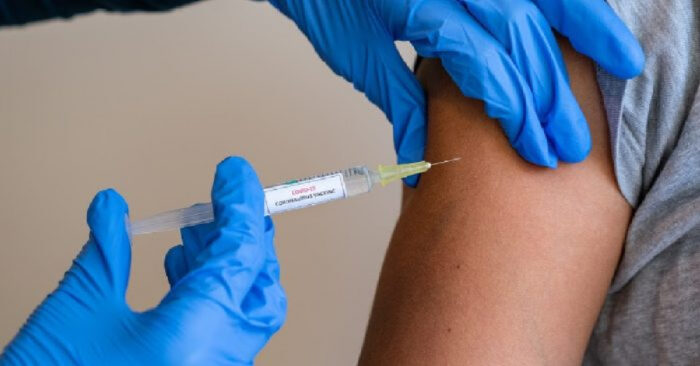
If you are worried about the blood clotting issue — that was only seen with the Johnson & Johnson vaccine, which used a completely different technology to reach immunity in individuals.

Moderna and Pfizer work on mRNA, which the Johnson & Johnson vaccine did not.
There haven’t really been any issues at all with blood clotting disorders with people who have had the Moderna or Pfizer vaccines.
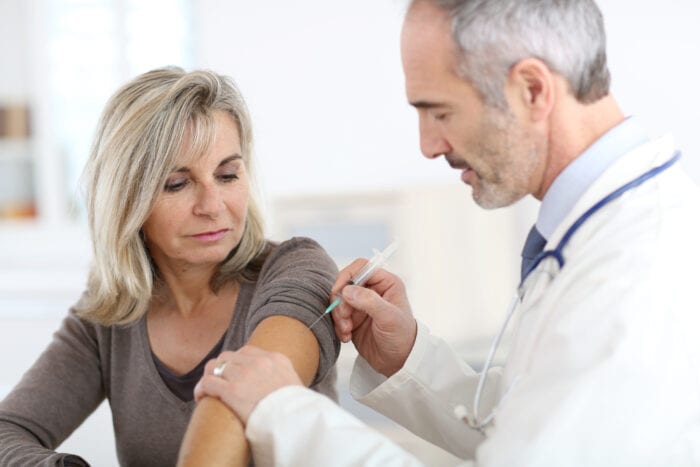
More than 120 million people have received the messenger RNA vaccines in the United States, without an association with the blood clotting disorder.
CNN
Now, you may have heard that kids just don’t seem to get COVID — hence the reason there haven’t been a ton of problems with kids going back to school.
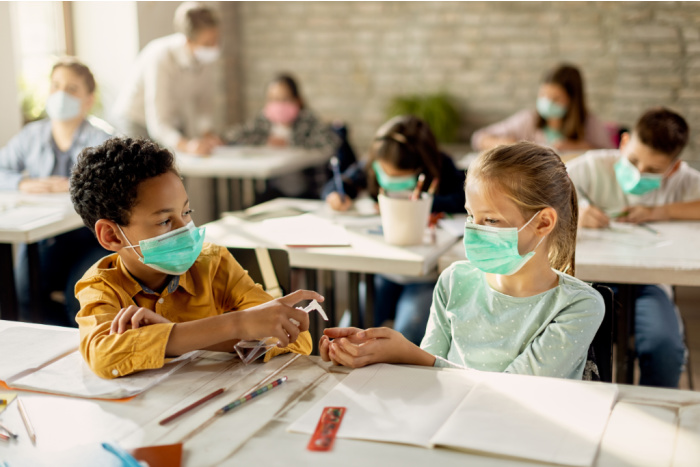
In a study of more than 2,200 12- to 15-year-olds, 18 became ill from Covid-19. All were in the placebo group and none in the group that received the vaccine, which means that it appears there is a 100% efficacy in preventing coronavirus in the study.
CNN
While it is true that kids don’t seem to get AS sick, it is still possible for them to get AND SPREAD the coronavirus.
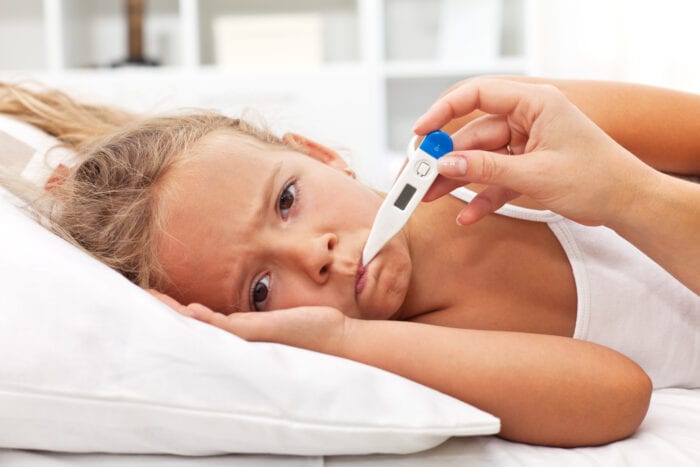
Oftentimes, the kids DON’T get as sick, but it’s not a 100% guarantee — there are some kids that have, unfortunately, gotten very sick and passed away.
It is more rare for a child to die of the COVID disease, but it DOES happen.
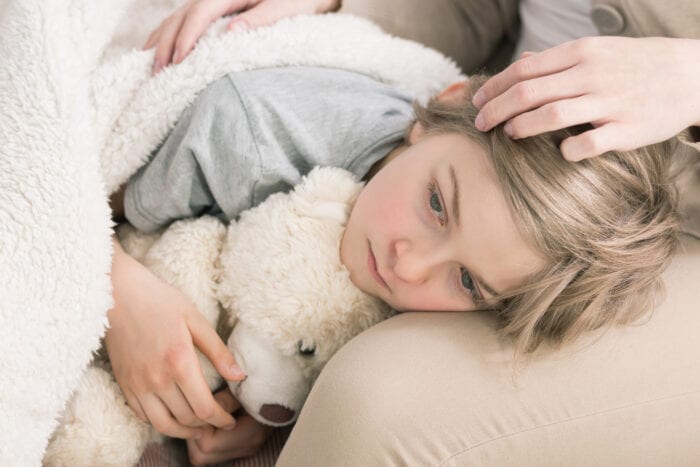
Are you ready to sign your child up for the Pfizer COVID vaccine?
Hold your horses just a minute — let’s wait until the CDC makes its official endorsement.
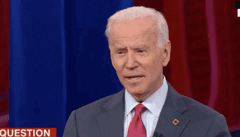
The CDC advisory committee is meeting this Wednesday and expected to agree with the FDA authorization, which means that the vaccine could be given to adolescents 12 and older by later this week.
CNN
